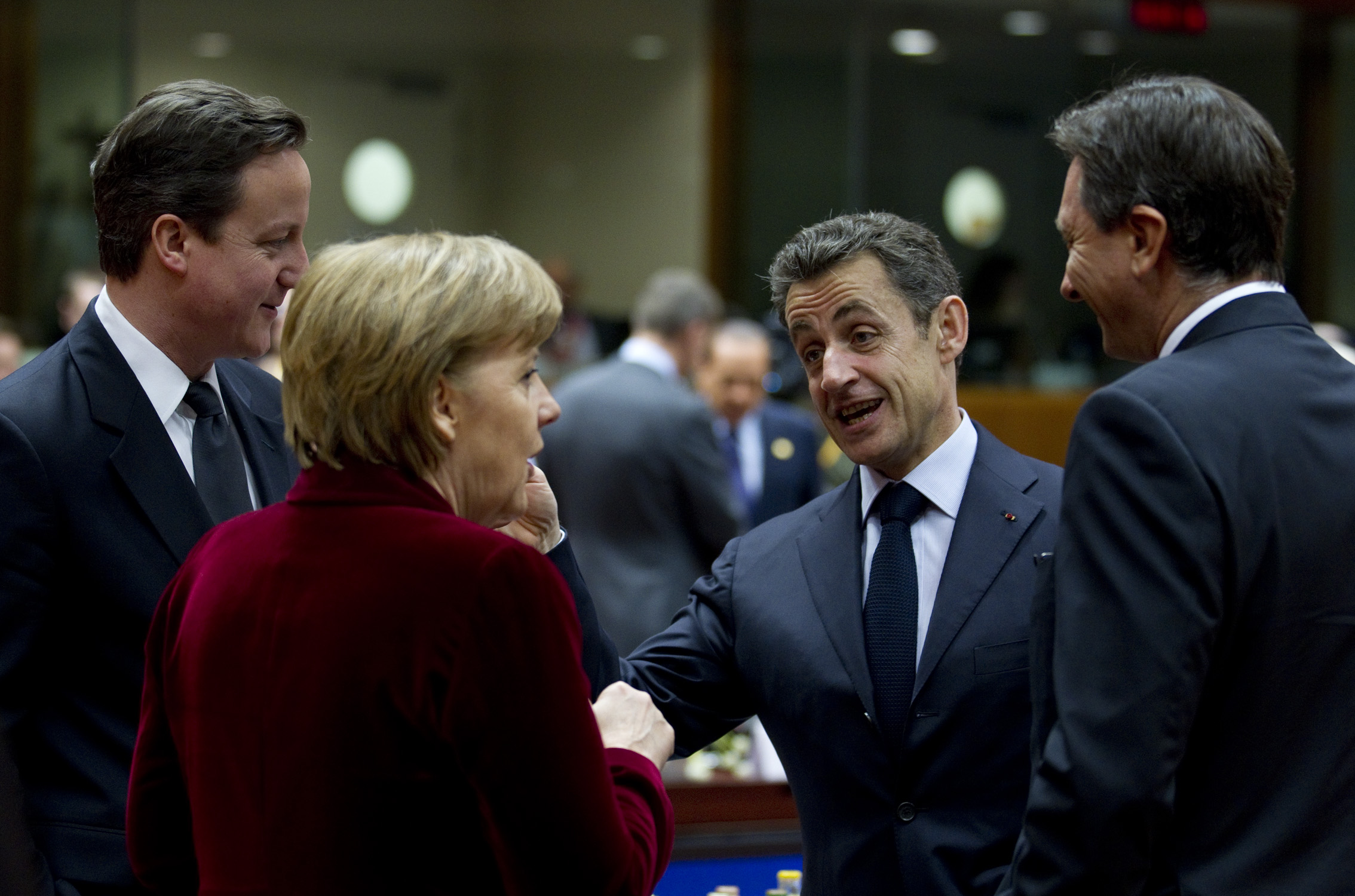The road to Lisbon cleared, at last! Terms of compromise and timetable
(BRUSSELS2) On Thursday evening, the 27 agreed on the nature of the Czech concession. The discussion was "relentless". But quickly, at barely 22 p.m., which is very early for a European Council, the Swedish Presidency could announce its first "success". The road to Lisbon is clear.
The terms of the compromise
Acceptance took place in three stages.
1) President Vaclav Klaus, who remained in Prague but was represented within the Czech delegation in Brussels by his Chancellor Jirí Weigl, had already agreed in advance to ratify the Treaty of Lisbon - subject to the Czech constitutional formalities to be observed (the judgment of the Czech Constitutional Court is expected on November 3) and that the Swedish compromise proposal be accepted by all.
2) The Swedish proposal consisted in extending to the Czech Republic the "British" and "Czech" protocol which expresses not an "opt-out" to the Charter of Fundamental Rights but certain legal reservations. It was the least expensive and simplest political solution, since it involves adding the word "Czech Republic" before the two countries already designated (according to alphabetical order). As there was no question of restarting the ratification process immediately, the Irish solution was adopted: a commitment by the 27, included in the conclusions of the European summit, to be inserted in the next Treaty to come (the Accession Treaty of Croatia (and) of Iceland?), the modification of the protocol.
3) By claiming a derogation from the European Charter of Fundamental Rights, in the name of the Benes decrees, which organized the expropriation of Germans and Hungarians from Czechoslovakia after the Second World War, Vaclav Klaus awakened demons that we thought had been forgotten. The neighboring countries, concerned in one way or another (Austria, Slovakia, Hungary), wanted adjustments.
The solution therefore came from juris consults of the Council (the director of the legal service), Jean-Claude Piris (the memory of the Treaties!), who recalled that the Charter of Fundamental Rights applied only to relations between citizens and the European institutions and within the framework of the Treaty of Lisbon (in other words not to relations between a citizen and a Member State...). The Swedish presidency proposed to write down this reminder of principle in black and white, which won the support of the most reluctant. As soon as the agreement was pocketed, without waiting, the presidency then triggered the press conference. History to avoid any backtracking.
The accelerated schedule
"The way is now clear for the ratification of the Lisbon Treaty“as explained by Fredrik Reinfeldt, the Swedish Prime Minister who chaired the meeting.
First stop: November 3 with the judgment of the Czech Constitutional Court. But no one on the Czech or Swedish side expects a turn of events from this side. The Court having, in the past, already rejected all the appeals lodged on the conformity of the Treaty of Lisbon with the Czech constitution.
Then, signing of the Lisbon Treaty by the Czech President and dispatch of the instrument of ratification to Rome. Everything could happen before the end of November. This means entry into force on 1 December (1).
Le European Council of 10 and 11 December will then be able to ratify the choice of the Vice-President of the Commission, High Representative, as well as the other Commissioners and the President of the European Council. The hearings of European commissioners in the European Parliament could be organized in January. And the new Commission will take office in the process, in February.
(NGV)
(1) The Treaty enters into force on the 1st of the month following the deposit of the last instrument of ratification
